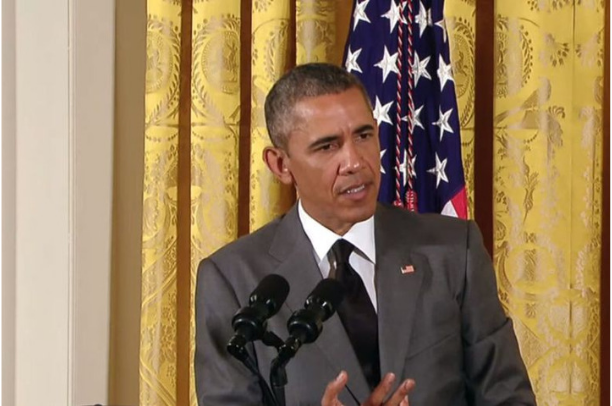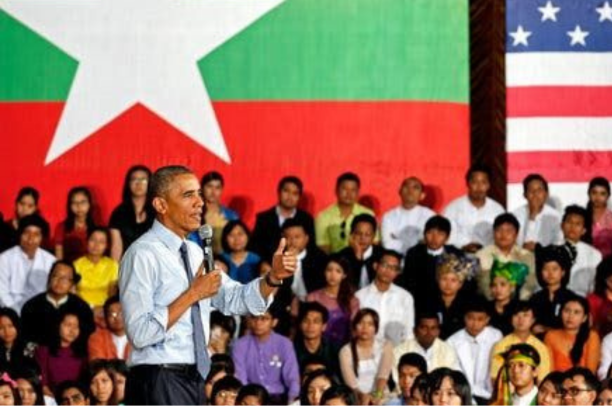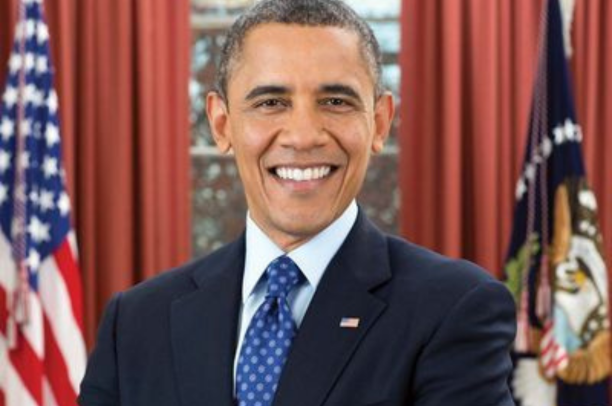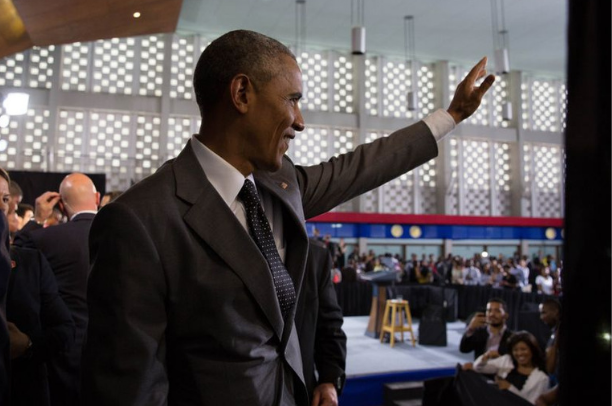Corruption – Impacts On Nigeria’s Economy And Peter Obi’s Efforts To Tackle It
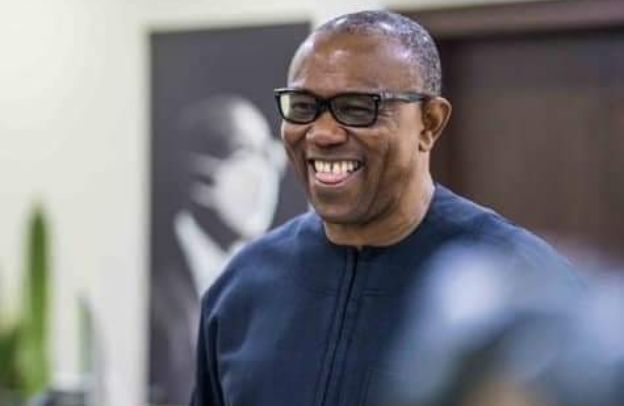
For a country like Nigeria that found favor in the bosom of mother nature, corruption is one of the major phenomena that stutters the country from inching toward growth and development. Nigeria unlike most African countries is brimmed with a vast number of talented people, who, if the leaders are to help these people hone their talents, would bring the country to the limelight.
Want to learn more about storytelling? Start by downloading the first chapter of The Storytelling Series for Small Businesses.
Over time, people pin the situation of Nigeria on colonialism, saying that it set the stage for most of the things surfacing in the country. However, in my candid opinion, I’d say that colonialism and its ripple effects are not a solid reason enough for a country to wallow in poverty and be insanely corrupt practices.
African nations, especially Nigeria is not the only country around the world that was subjugated by Western nations ages ago. Countries like India, the United States Of America, etc., were all colonized but never slackened in skyrocketing their country to the peak.
Today, in Nigeria, corruption has become deeply ingrained within the society, transcending generations. It is a pervasive issue, one that people of all ages have adopted as if it were a part of their identity. This lamentable reality has tarnished Nigeria’s global image and reputation.
It is important to note that Nigeria is not alone in grappling with this challenge; several other African nations are confronted by similar issues. Regrettably, Nigeria currently holds the unenviable distinction of being one of the most corrupt countries in the world.
There is no single definition of corruption; the reason is because it comes in various ways. However, the World Bank in 1997 defined it as “Abuse of public office for private gain.” As was mentioned, this corruption occurs in different ways such as bribery, embezzlement, money laundering, trafficking, etc.
Also, according to the dataset of the Corruption Perception Index, corruption was classified into three parts.
Grand corruption mainly involves those in the high level of government who disconcert the policies of the country to their advantage.
Secondly, petty corruption is carried out by mid-level public officials in their interactions with ordinary citizens.
Lastly, political corruption is mainly executed by political officials who manipulate laws and policies in the allocation of resources to retain power and influence over a large majority.
Nigerian leaders are the major culprits of this corruption and through them, it has sizzled to a larger part of the population. Now, people see morally just things as absurd. To gain employment, run an office in government, to gain admission to Nigerian universities is now characterized by bribery, commonly regarded as IM (I ma mmadu) in Igbo dialect.
The leaders focus on drug and human trafficking, embezzlement of public funds, etc. All these birth the morally decadent society that is Nigeria today.
The large size of government, which is argued to produce massive corrupt politicians, disagreements in moral codes, lack of a sense of national community, ineffective tax system, greed, and lack of reward, among others are deemed the cause of this corruption in Nigeria.
Impacts of Corruption In Nigeria
In an article, Impact of Corruption on Nigeria’s Economy available at Pwc.com, it was stated that “corruption in Nigeria could cost up to 37% of Gross Domestic Products (GDP) by 2030 if it’s not dealt with immediately.” This cost, added the report “is equated to around $1,000 per person in 2014 and nearly $2,000 per person by 2030.”
Worthy of note is the fact that the escalation of corruption in Nigeria today has exceeded computed data. It has rendered scorching impacts that stunted the growth and development of the country over the years. Some of the impacts include.
1. Dispirits Foreign direct investment.
Foreign direct investment has withered in Nigeria today because of the increasing rate of corruption. Of course, we all know the importance of investment and how it helps to skyrocket an economy.
Nigeria, however, has gotten little to no foreign direct investment as foreign investors prefer to hoard their money than invest it in a place where they’d not gain any ROI (Return on investment).
As it continues to cripple the economy, the Nigerian government tends to seek support from the government of other countries. Presently, Nigeria owes billions of dollars to China, the US, and most financial institutions.
The grueling part of it is that these loans were not invested as was intended rather they were slotted into the pockets of the individuals that run the government.
2. It disrupts the country’s developmental policies
Not long ago, President Muhammadu Buhari made a development plan for 2021-2025, clearly detailing the steps they’d take to harness the economy and surge the country forward.
Hordes of similar development plans have been issued but what efforts have been rendered to see to its fruition?
The current national development plan would not bring forth the intended results if corruption is still ingrained in the country, for it’ll continue to forestall its success as any issued fund to promote the plans would be pocketed by the politicians.
3. It depreciates the country’s income
Continuously, the government’s revenue runs low, and this is characterized by the constant tax evasion/avoidance displayed by most companies and businesses in Nigeria.
People avoid paying customs duties or rather those custodians of law demand special bribery before someone can be validated to have paid taxes. Added to that is the constant smuggling of goods.
4. Weakens the country’s infrastructure
All the time people clamor for good infrastructures in various parts of the country. However, corruption impedes the success of the establishment of these infrastructures. Taking Nigeria universities as a case study, you will see various projects abandoned for years, incomplete buildings, empty laboratories, etc., in which huge sums of money had been allotted for the accomplishment of that project rather than the individuals in charge of such projects pocket the money, leaving the project incomplete. Thus, the poor conditions of most schools in Nigeria.
It’s disturbing to know that no Nigerian university has a Transmission Electron Microscope, that aids in scientific research across the country.
5. Creates more gap between the rich and the poor
This is a socio-economic impact of corruption. Usually in a country like Nigeria where a larger number of the population subsists below $1 per day, the gap stretches as corruption escalates. Greed spurs the elites to dominate the country’s resources, leading to inadequate distribution of resources to the population across the country.
For instance, graduates across the country rarely hear whispers of vacancies in most top government offices because those in these offices or power give ‘slots’ to those they wish to favor.
This tribalism, favoritism, and nepotism of those in power no less prompts more disunity among the masses and urgent attention should be drawn to it.
Ways To Tackle Corruption In Nigeria
Corruption being an age-long culture in Nigeria has been rarely fought by any Nigerian leaders. Most of them do rattle out ways they’d tackle the lingering issues, yet no actions were taken.
However, back on May 29, 1999, the beginning of Nigeria’s fourth republic, pioneered by Olusegun Obasanjo, there was a brute and effective means through which he fought corruption in Nigeria.
Thus, a clarion call for such an anti-corruption campaign has been made. The government needs to make reforms in the public and private sectors and reform the method of recruitment and remuneration of public and private officials which should be based on merit, not favoritism, nepotism, or tribalism.
The government should shut down those itty-bitty means through which corrupt politicians evade judgment and manipulate the law. A total judiciary reform should be made, and that tier of go should remain independent, the remuneration of the judicial members shouldn’t be rested on the executive government to ensure flat-out independence of the judiciary.
The government should shut down those means by which the public funds or assets are siphoned abroad. Added to that, the government should establish more agencies that help to fight corruption or strengthen the available ones, the Independent Corrupt Practices and Commission (ICPC) and the Economic and Financial Crime Commission (EFCF).
By strengthening this agency, they’ll focus on arresting corruption and be more innovative by preventing politicians from embezzling public funds.
The Labor Party presidential candidate for the 2023 election, threw light on ways his administration would curb the endemic corruption sizzling all parts of the country.
He said, “We will offer a new brand of transformative and purposeful leadership. Nigeria is not bereft of good governance ideas and plans. Hence, the overall goal of my administration shall be to streamline governance, make it more responsive, transformative, effective, less transactional, and therefore efficient and cost-effective.”
“We will have zero tolerance for corruption, we will block leakages and cut the cost of governance. Our total commitment to transparency and accountability in government business is the only credible way to achieve limited to zero corruption.
“The policies required to fight corruption already exist; it is the political will to implement them that has been lacking. My governance modalities have always been forward-looking and will remain so.”
He talked about how subsidies that are enjoyed by a few individuals will be removed during his regime. He touched on the security fallout across the country and ways to combat it.
Conclusion on the Corruption – Impacts On Nigeria’s Economy And Peter Obi’s Efforts To Tackle it
This endemic corruption that has taken root in Nigeria can be rightly combated by an accountable and transparent government. Reforms and anti-corruption agencies would be crucial if positive results are to be achieved.
Want to learn more about storytelling? Start by downloading the first chapter of The Storytelling Series for Small Businesses.
